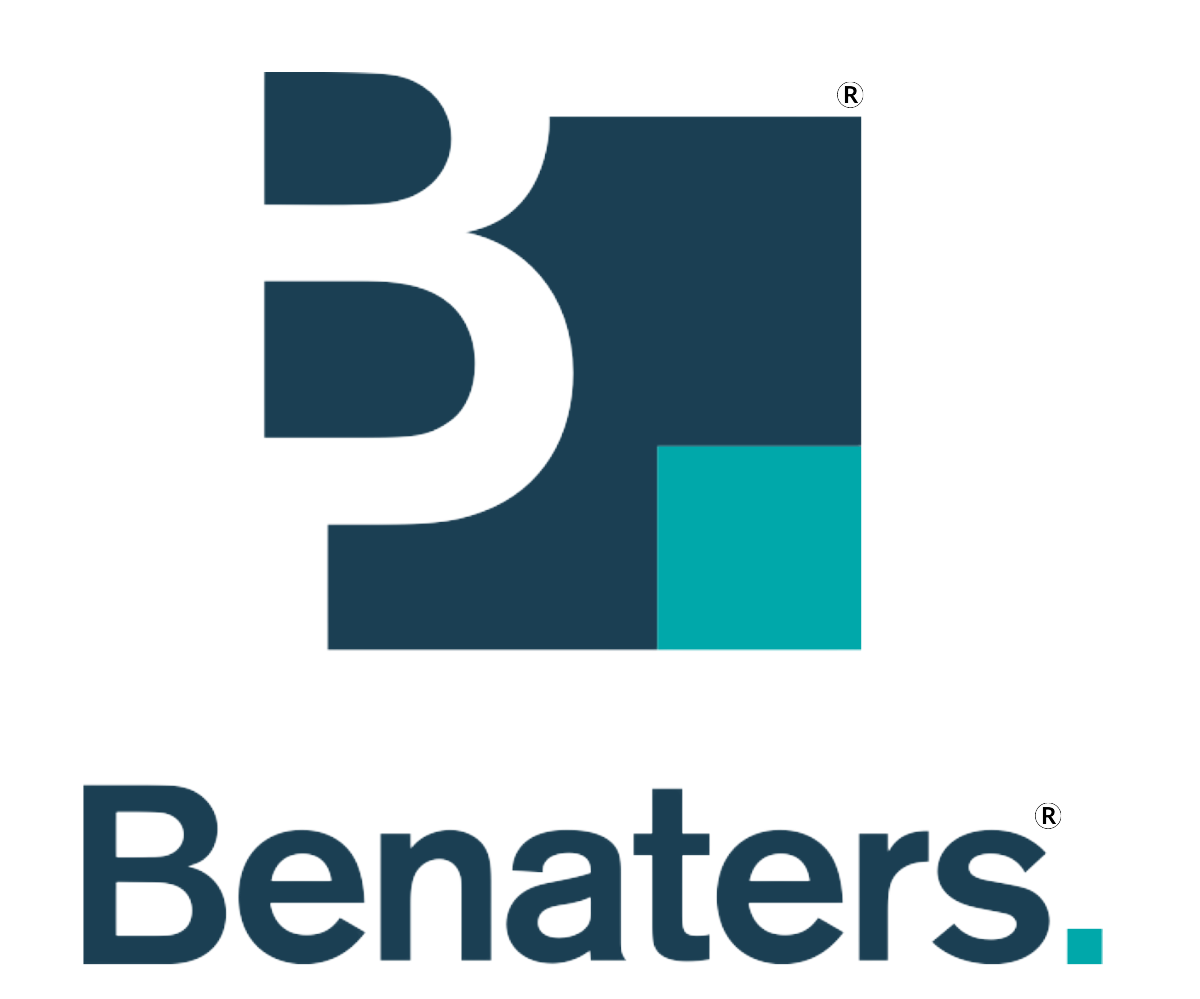Some Known Questions About Conveyancer.
Some Known Questions About Conveyancer.
Blog Article
The 25-Second Trick For Conveyancer
Table of ContentsSome Ideas on Conveyancer You Should KnowThe Single Strategy To Use For ConveyancerConveyancer Can Be Fun For AnyoneNot known Facts About ConveyancerThe Facts About Conveyancer UncoveredHow Conveyancer can Save You Time, Stress, and Money.
In terms of purchase, they accomplish due diligence which includes the verification of all vital legal documents. The due diligence recognizes any type of existing restrictions; such as caveats and easements regarding the title certificate and any type of various other appropriate documentation. Any kind of kind of encumbrance can place limitations on exactly how the residential or commercial property can be appreciated by the owner and consequently, must be confirmed before completing the agreement.This might put the purchaser in a placement of compromise which can otherwise be stopped under the expert assistance of a conveyancer. Purchasing or offering a residential or commercial property can include a pair much more economic commitments various other than the expense of acquiring the building. Supposedly, a person selling their residential property has paid the council 6 months ahead of time.

Conveyancer Things To Know Before You Get This
The conveyancer must see to it that all lawful documentation has been arranged and prepared for the effective transfer of residential property possession. The conveyancer serves as a guardian on part of the purchaser to make sure that absolutely nothing stands in the means of them taking possession of the asset they have actually paid for.
Throughout this time, they ensure all the paperwork, cheques and records needed for the deal are handed over. When the negotiation is total, the conveyancing lawyer will connect to the residential or commercial property buyer or their genuine estate representative for the conclusion of the sale. The difficulties and commitments of a are more intricate than they can be placed right into perspective.
Find out more of Allen West's write-up at.
Department. Conveyancing is the legal process that takes location when authorized possession is obtained of stationary home.
What Does Conveyancer Do?

The expenses are imposed in accordance with the Law Society's tariff guidelines. A Conveyancer must: Whatsoever times shield the interest of his/her customers and in conformity with the signed Sale Arrangement; Keep all events informed of the development on their transaction and inform both parties of the conveyancing procedure and processes; Advise the celebrations on the conditions of the Sale Agreement, specifically regarding suspensive problems and obligations; Suggest the vendor on the cancellation of his bond, any penalties, notice periods and various other administrative costs which might affect the negotiation figure; Obtain the vendor's created instructions prior to he/she, as the Conveyancer, issues any kind of guarantees in regard of the deal; Do whatever in his/her power to register the transaction on or as close as feasible to the date agreed to in the Sale Arrangement; Encourage both parties on their obligations in terms of their Sale Contract, so regarding ensure that the transfer is not postponed unnecessarily; Meet both events to sign the suitable paperwork associating with the purchase Prepare the deeds for lodgement with miraculous treatment, so as to guarantee that they reduce the threat of a denial of the documents by the suitable Actions Computer system registry; Inform both parties of the transfer on the date of enrollment; Account to both celebrations for funds connecting to the transaction within two/ three days following successful registration of the transaction in the appropriate Deeds Windows registry.
It belongs to your conveyancer's job to work with a negotiation more tips here time with the opposite's lawful representative, throughout which time the residential or commercial property is officially negotiated and all documentation and cheques are handed over - Conveyancer. about his Upon settlement, your conveyancer will make contact with you and/or your realty representative to verify negotiation and permit tricks to be turned over
No one intends to experience a demanding or frustrating situation when you must simply be excited for your following step. This is where conveyancing can assist the process to relocate along effectively. The function of a property conveyancer is to handle this legal process of moving the possession and title of a residential or commercial property from the vendor to the buyer.
Legal representatives often have an array of locations they have know-how in, with conveyancing probably being a field they don't practice in frequently. The advantage of making use of a residential or commercial property conveyancer is that residential property purchases are what they perform on a regular basis. They understand the process inside and out and are extremely knowledgeable about it, making certain all relevant documentation is given and the procedure is exact and timely.
About Conveyancer
You can also consult with your conveyancer prior to house hunting or selling your building if you need advice in this process as well. If you have chosen to Find Out More sell or get a building without a genuine estate agent, the conveyancer will certainly be able to handle the Contract of Sale to ensure it precisely shows the sale or purchase.
Nonetheless, picking an alternative for no other reason than it's more affordable can cause more troubles in the lengthy term with an inaccurate or ineffective service. Seek a taken care of rate solution so you understand precisely what the process will certainly cost you and whether it matches your organized budget plan. Referrals from good friends or family members, or reviewing on the internet reviews can additionally serve in locating a skilled and efficient conveyancer.
Conveyancing solicitors and licensed conveyancers both manage the conveyancing process. Nonetheless, their expert histories differ. A conveyancing lawyer is an individual who is a fully qualified solicitor (as a member of the Regulation Culture) and who specialises in conveyancing. A residential or commercial property solicitor will normally have a tendency to have experience in other legal locations also.

The Buzz on Conveyancer
They liaise with numerous parties, including the estate agent, vendor's conveyancer, and neighborhood authorities. Working with a specialist can conserve both time and prospective lawful difficulties. Though it's viable to take on conveyancing work individually, many choose the security of expert assistance. The conveyancing process begins as soon as a deal on a building is accepted.
Building searches serve an objective in the conveyancing procedure. The buyer's lawyer organises these checks to expose prospective concerns with the residential or commercial property.
Regional authorities can give insight into nearby future developments that could influence the building's value. A property's title actions represent a historic document of its ownership.
When a deal is approved, the seller's solicitor prepares a draft agreement. This agreement pack includes important files like the residential or commercial property info type, the leasehold info type, and the fittings and materials develop. The purchaser's conveyancer examines these to guarantee all the documentation follows expectations. At this stage, residential or commercial property legislation factors to consider occur, from shared accessibility legal rights to what components include the building.
A Biased View of Conveyancer
On the other hand, if the vendor withdraws, they deal with fines. Both parties concur on a completion date following the exchange. On now, the buyer pays the staying equilibrium, and the seller transfers the home secrets. There's usually a space in between exchange and conclusion for buyers to finalise information or make arrangements.
Report this page